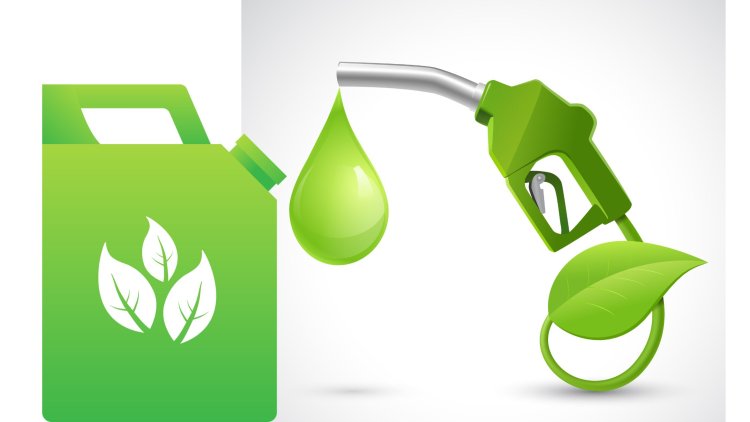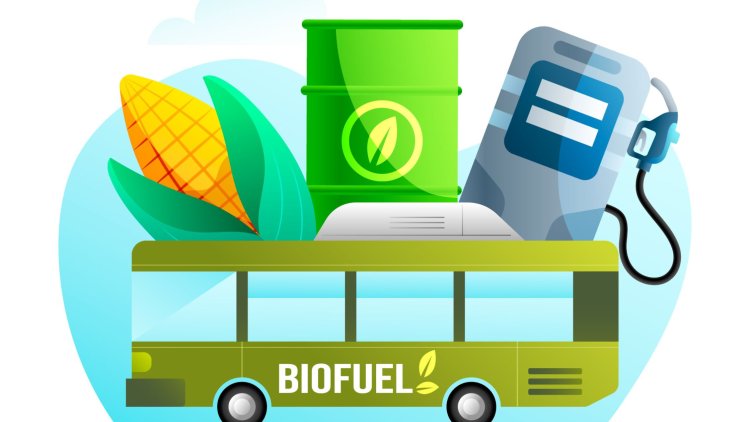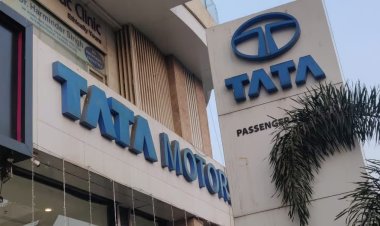EU-German E-Fuel Deal: A Controversial Lifeline for Combustion Engines?
EU-German E-Fuel Deal: Saving Combustion Engines or Delaying the Electric Revolution? Dive into the heated debate over carbon-neutral fuels and the future of transportation.

Germany and the EU have decided to continue selling new ICE cars within the EU beginning in 2035, supplied that they are powered by electricity.
Suggested: Drive with peace of mind: Discover India's top 10 safest cars and their standout features
As an outcome of legislation requiring a 100 percent reduction in CO2 emissions from every new vehicle sold, sales of ICE cars were prepared to be completely banned starting in 2035. The final vote on the law, which had been expected to be a formality, was delayed after diplomats from Germany and Italy declared resistance to the law's declaration for the use of electric vehicles and demanded an exemption for e-fuel.
Captured CO2 and hydrogen are used to create e-fuels.
Italy seeks a biofuel guarantee.
Porsche, a brand of Volkswagen, has invested in e-fuel technology.
The shift to electric fuels
E fuels are said to be carbon-neutral by their disciples because they are made of hydrogen and CO2 that are taken from the atmosphere.
Companies known for their explosion engines, like Ferrari, Lamborghini, and Porsche, are likely to welcome the inclusion of e-fuel in the EU's plan to decrease emissions from transportation. Porsche in individual, which invested $75 million in the Chilean company Highly Creative Fuels (HIF), has been a major devotee of the technology in recent years. Porsche currently does not have any plans to sell the fuel to drivers, preferring instead to use it in "lighthouse" initiatives like the Supercup and its customer-facing knowledge centers.
E-fuels are also unaffordable for many people in their current form. For example, the fuel utilized in Prodrive's Hunter T1+ Dakar rally-raider from British organization Coryton costs almost double as much as regular unleaded petrol.
Suggested: Exploring the Pros and Cons of CNG, Hybrid, and Petrol Cars: Which One Is Right for You?
The opposition to e fuel
As a result of the promised integration of e-fuel and the support of German diplomats, it is now expected that the legislation will pass in its final vote. Volker Wissing, the German minister of transport, stated on Twitter that "vehicles with discharge engines can also be newly registered after 2035 if they only use CO2-neutral fuels."
This is in spite of Italy's continued opposition, which is said to be seeking more guarantees for the use of biofuels (made from biomass, like wood waste). It does not, nonetheless, by itself, create a significant enough barrier to prevent the legislation.
Additionally, analysts note that e-fuel uses more energy per mile than battery electric vehicles do and that it doesn't completely stop local tailpipe emissions like electric vehicles do. The head of the Volkswagen brand newly referred to the e-fuel debate as "unnecessary noise." He questioned: "So why spend a fortune on old technology that doesn't give you any usefulness," given that Volkswagen intends to phase out ICE cars in 2033.
Read more: Drive Less, Pay Less: "Pay As You Drive" Insurance | Check how you can get it













